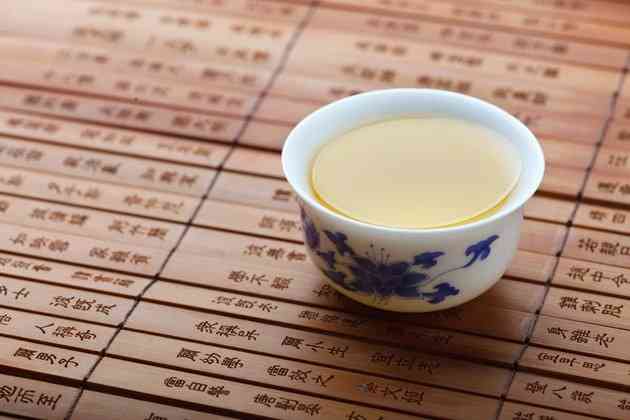Yogi Tea and Kava for Stress

Kava has become a popular supplement in certain circles -- it is a legal, herbal sedative that can be taken either in extract form or in a beverage. In fact, kava bars have been popping up in most major cities as people turn away from high-calorie alcoholic drinks in search of a diet-friendly night out, but kava is not as harmless as many think. While it has been shown to be very effective at easing stress and calming anxiety, it can also cause major health problems. Yogi Kava Stress Relief tea falls under this warning.
 A young woman holding a cup of tea. (Image: a.collectionRF/amana images/Getty Images)
A young woman holding a cup of tea. (Image: a.collectionRF/amana images/Getty Images)Kava
Kava comes from the root of the kava plant, an herb that traditionally serves as a remedy in the South Pacific where it originates. A sedative, it has been used to treat anxiety, insomnia and muscle pain, but it has also shown promise in the treatment of benzodiazepine withdrawal and as a topical painkiller. In the West, kava is genrally used as a calming beverage, either in a tea or as a decoction. The calming effect is what makes it popular for stress relief.
Kavalactones
Kava contains chemicals called kavalactones that have been shown to lower anxiety as well as prescription medication, but eight weeks of treatment may be required before any effect is felt. Yogi's Kava Stress Relief tea is affordable and accessible enough to use every day, but it may not contain enough actual kava to bring relief. According to MedlinePlus, the research has shown kava to be effective for anxiety relief when used in an extract standardized to 70 percent kavalactones -- the Yogi tea contains only 30 percent per teabag.
FDA Advisory
Very little research exists on kava because it has been shown to cause severe liver damage in a short period of time. In fact, the U.S. Food and Drug Administration issued a Consumer Advisory warning against the use of kava in 2002, saying that kava use has been associated with hepatitis, cirrhosis and liver failure, causing at least four people to require liver transplants. It's not 100 percent clear that kava was the cause of the liver damage -- it may have been an interaction with other drugs or supplements, or the kava sources may have been contaminated. But if you decide to use kava, use it under your doctor's supervision to be safe.
Safety
Besides the liver damage, kava can impair your senses in much the same way as alcohol, and is not safe for pregnant or breast-feeding women. Kava must not be used when there is a pre-existing liver condition, or if you are taking any medication that is changed in the liver or could damage the liver. The same goes for supplements -- red yeast, DHEA, niacin and other popular supplements could cause negative interactions, and sedative supplements like catnip, valerian and Saint John's-wort could amplify the sedative effects of kava.




